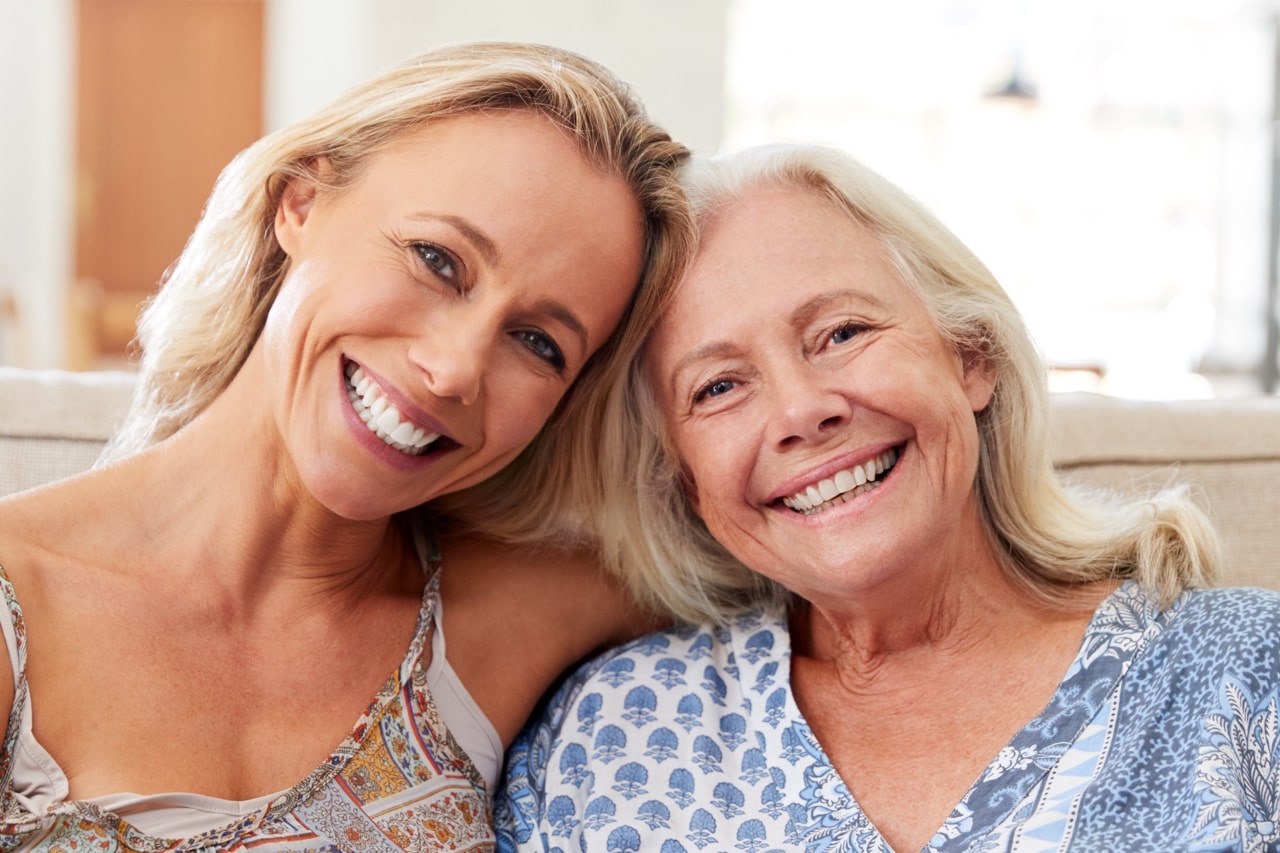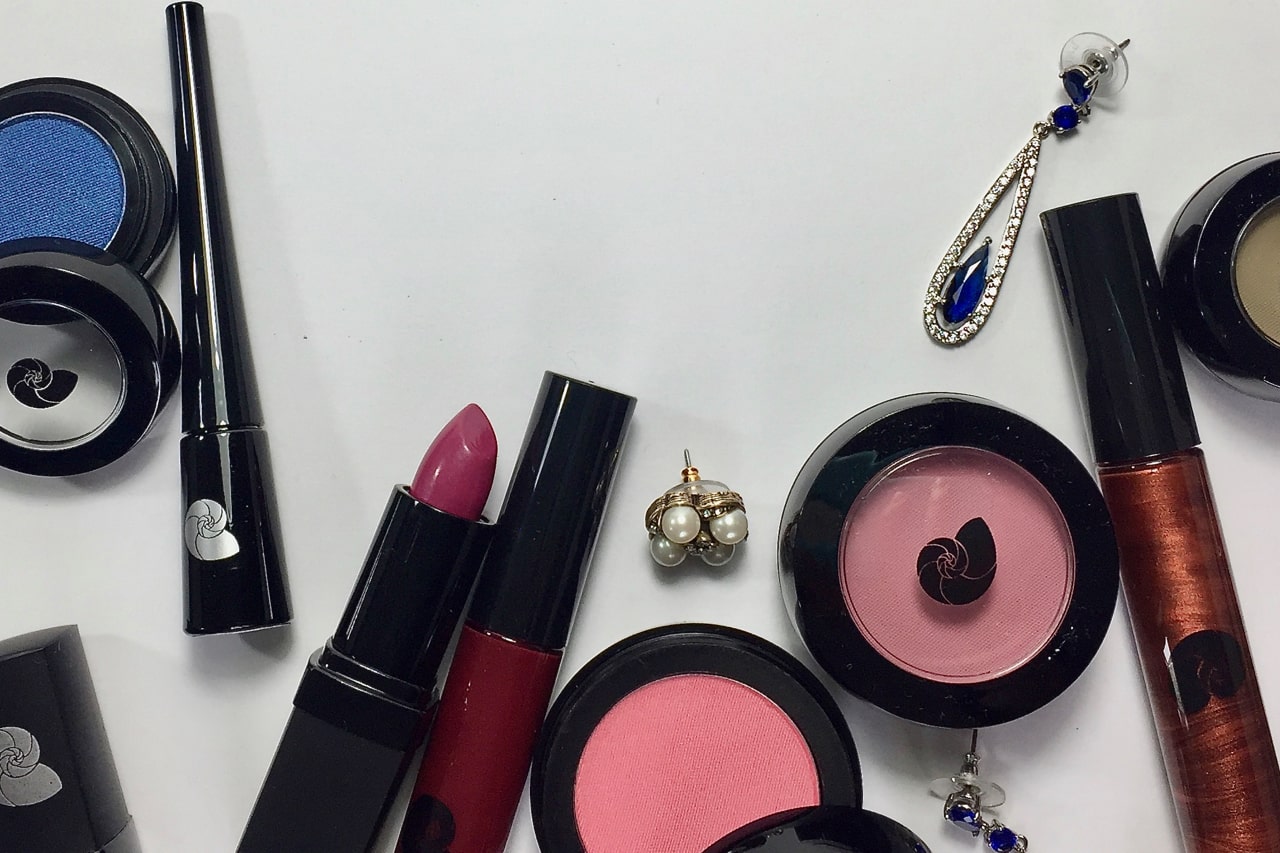by Johanna Järvinen (Finland)
The Process
The first wave of ageing, if you will, seems to hit women at around age thirty. Many find that their hair darkens, sometimes as the result of a pregnancy, but many also feel like their colouring has suddenly ‘faded’ or somehow softened. It happened to me in this way: I went on holiday in a sunny climate at Christmas time (which is a 24/7 pitch black time of the year where I live), and in the sudden bright light I felt like my usual orange-red lipstick was unbearably garish against my winter-pale skin tone. I was horrified, and reacted to this by ‘realising’, as I thought, that orange-red wasn’t my colour at all (actually, it is). Consequently, I only wore pale lip colours for years after (not a good choice for me, but I hadn’t found my correct colour Season at this time, so I only had my own gut instinct to go by). I think this sudden ‘OMG, I’m wearing things that are much too bright’ moment was partly due to the off-season strong light and partly an age thing – I think I was 28 at the time.
I could tell you many similar stories where 30-something women feel the need to soften (or, sometimes, darken) the colour palette they’re wearing, but my point is this: women usually overreact to slight changes in their looks, and colouring is no exception. I actually find it very interesting how sensitive we human beings are to subtle changes in colour. For our present purposes, though, my advice is simply this: don’t panic! You haven’t changed nearly as dramatically as you think.
This first ‘wave’ is probably imperceptible to everyone but yourself, but the more perceptible ‘fading’ happens at middle-age and after. Again, we tend to overreact. By now there are also messages from the outside telling you that you’re older now and that it’s somehow a problem.
Colour
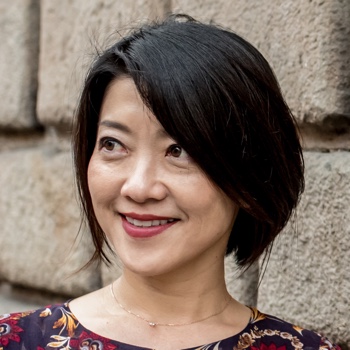 When it comes to colour, your colour Season tends to stay the same. It never changes dramatically. E.g. if you have been a Bright Winter, you will never, ever turn into a Summer as you age. Yes, your skin tone may fade a bit and your hair may grey, but as your genes stay the same, so does your Season.
When it comes to colour, your colour Season tends to stay the same. It never changes dramatically. E.g. if you have been a Bright Winter, you will never, ever turn into a Summer as you age. Yes, your skin tone may fade a bit and your hair may grey, but as your genes stay the same, so does your Season.
It’s possible that to look your best, you have to make some slight changes in how you wear colour, but the emphasis is on the word slight. Examples include: wearing a different (lighter?) neutral colour from your palette as the backbone of your wardrobe and possibly changing your makeup.
Changing your makeup may include choosing slightly lighter or cooler shades (still from the same old palette), but most likely will have to do with texture and application more than colour itself. The two most important things to do are:
- Be more meticulous about harmonising, i.e. wear your absolute best colours (when the glow of youth is gone, knowing and wearing your best colours is THE secret to looking radiant).
- Keep wearing colour! Many women start wearing only neutrals (or muted light colours, even if they don’t belong in her palette) as they age. Big mistake! You don’t need to wear colour head-to-toe, but wear something vibrant near your face (makeup, scarf, top).
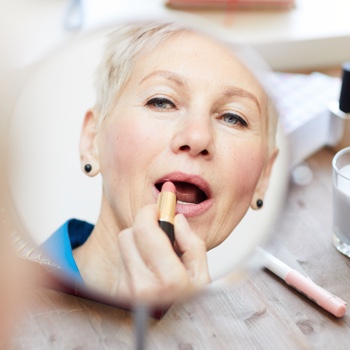
My colleague Jorunn writes about makeup in more detail, but my personal experience with makeup at this age (turning 50 very soon) has been:
- The need to find a new way of applying makeup (NOT different colours necessarily). The old ‘look’ may be dated and a slightly different face needs slightly different makeup.
- I’ve heard that your skin often becomes less sensitive and/or allergic with age. I seem to have become more sensitive to various ingredients in products, which is seriously limiting my ability to wear what I want. Fragrance in face creams/makeup and shampoo seem to be the worst, but the list is growing longer every day. I don’t know if this is because of drier skin and eyes and the thinning of my already thin skin. In any case, my biggest grievance is that I need more defining of the eyes than I used to (this happens to everyone as they age), but my eyes turn red and feel extremely irritated if I put on any eye makeup. I’m going to be looking into eye makeup in creamy textures (of which there is very little available!) in the hope that there’s something out there my eyes won’t react to. BTW, who knew that eyelashes grey, as well! Mine have gone from a very light brown to invisible. Not that the original colour was enough without mascara anyway, but as mascara seems to be one of the biggest irritants, this lashlessness is truly annoying. At least I can still do eyebrows (which my colleague Jorunn addresses in this post).
My colleague Debi has written about her personal journey with hair colour transition. I’m only going to remind you of a few basic ‘rules’, if you will. You probably already know that colour analysts believe your natural hair colour can never be wrong, as it comes from your body’s natural pigments and, as such, harmonises perfectly with your skin tone. That said, if you don’t want to go grey (and many brunettes do start to grey very early in life), you can cover it, of course. If you wish to know what your hair colour options are, consult your colour palette and talk to your colour analyst, but in general, staying very close to your natural colour is always a good idea. I’m not an expert on hair colour, but with respect to colouring your hair back to its original colour, I have four basic things to say:
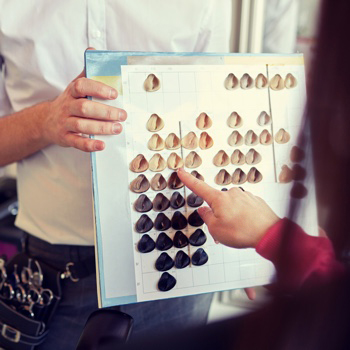 Think before you act. A permanent colour, especially, is a commitment. Grey or salt-and-pepper hair doesn’t look bad, but brown hair with paler grey roots does. Are you willing to keep colouring at regular intervals?
Think before you act. A permanent colour, especially, is a commitment. Grey or salt-and-pepper hair doesn’t look bad, but brown hair with paler grey roots does. Are you willing to keep colouring at regular intervals?- Go to a good colourist. Don’t attempt to DIY. There are so many things that can go wrong. If you must retouch at home, at least please try to do the roots ONLY. If you apply the colour to the entire length of your hair, after some time the ends will be near-black, a much darker and harsher colour than you probably intended. Also, the ends are naturally never darker than the roots, so it doesn’t look right. As this process of over-darkening will be gradual, you may not notice it happening. You know what too-dark colour does to your face, right? And hair is right there, framing your face. Eek.
- People may not remember their original colour very accurately, and even if you do (pictures can be helpful), this is one place to stop and think about the effects of ageing. If you have noticed your skin tone growing paler with age (this should be more noticeable at some point after menopause), it stands to reason that the hair colour that best complements your skin is now a touch lighter, too. While it’s easy to pick a darker colour next time if you feel the result was meh, it’s much harder to go lighter after the too-dark colour is already in place.
- If you’re a brunette, it seldom works to go blonde in an attempt to hide the grey. Purely logically, it seems like a brilliant solution to avoid obvious roots and too frequent touch-ups. The thing is, if your genes have given you lots of contrast, as in light skin and dark hair, blond seldom works, especially if the colour is also too warm for you. It will result in a sallow or grey-looking skin tone. If you’re, say, a Dark Winter brunette, please don’t even consider this approach. If you’re a warmer and lighter Season whose natural hair colour was a fairly light warm brown, I can just about imagine blond working. But it’s a risk. Perhaps you could test it first by trying on a wig in that colour.
Style and Image
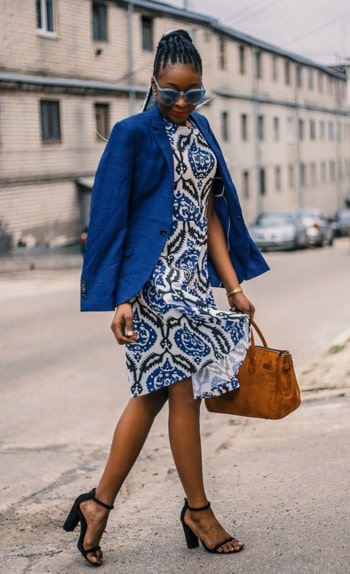 Related to the above, what about your hairstyle?
Related to the above, what about your hairstyle?
I love being able to say this: If you have a favourite style that has always worked well, it will still work for you now. Maybe you can get a slight update to keep it looking current, but you do not need to cut your hair short just because you’re 40 or 50 or 60 or 111. Again, logically it seems to make sense: they say that because your face ‘drops’ as you get older (true), long hair will emphasise that downward line and make your face droopier-looking, while short hair will visually ‘lift’ it. Technically, yes. Thing is, while most of us can pull off several hairstyles, some people simply look their best in long hair and others don’t. If you do, you don’t have to give it up just because you’re older now. People see you as a whole person, not just your hair and droopy jowls or what-not. One good thing to do, if you haven’t done it already, is to find out your Image Archetype. That will give you an idea about the cuts that are flattering to you.
Face shape and hair texture also play a major part here. Coarse hair will stick out in all directions if you handle it wrong. They say grey hair is a touch coarser, which you may have to factor in when deciding about your cut. Those of us with wavy or curly hair have another layer (no pun intended) of issues to deal with. None of these go away as you age, so don’t go and chop it all off only ‘because I’m older now and this is what older women are supposed to do’. Nothing against short hair, mind you, it’s just that ageing alone isn’t a good reason to go for the chop.
Speaking of your Image Archetype: it doesn’t change with age, either. Your bone structure is the same and so is your ‘vibe’. It may be true that men don’t pay as much attention to you as they used to or some such rubbish, but that has to do with them, not you! You shouldn’t ‘adapt’ to this by wearing clothes that visually make you disappear. You’re still the same person you have always been, except a bit more experienced and wiser, and know yourself better than you used to. You’re still you, and you don’t need anybody’s permission or validation for that. I’m not asking you to wear anything you feel socially uncomfortable in because it’s embarrassingly ‘young’. You shouldn’t imitate twenty-somethings. I’m simply suggesting that you stick with your own style and express your personality with dignity, rather than give in to pressure from within and without to dress ‘old’.
You may have to adjust the fit of some clothes as your body changes (as will already have happened during many earlier periods of your life) but PLEASE don’t start wearing shapeless clothing! Wear clothes that fit well, wear your best colours, put on some makeup and accessorise your outfits. If you happen to feel a little blue about ageing, the worst thing to do is to ‘give up’ … that will make you look and feel depressed for sure.
Summary
Yes, you’ll want to look more sophisticated when you’re no longer young, and ’mutton dressed as lamb’ never looks tasteful, but please don’t overreact to ageing by dropping the old you and putting on a cloak of invisibility! You’re still you, an individual with your own look, and will always be. I encourage you to look in the mirror and say: ‘I’m still me’.
For related topics, click on the links below:
Please click the link buttons below for more information.


